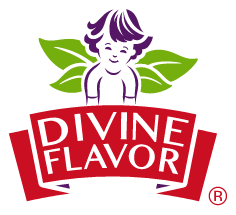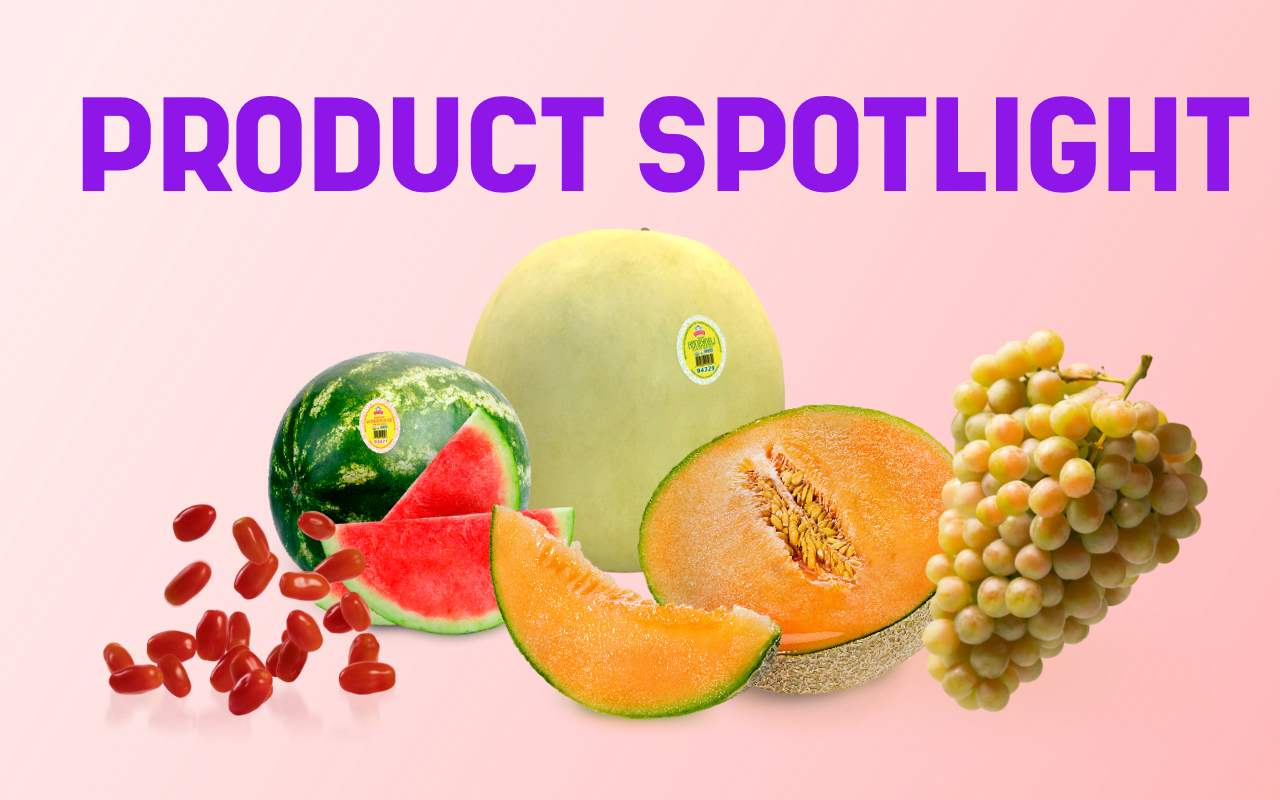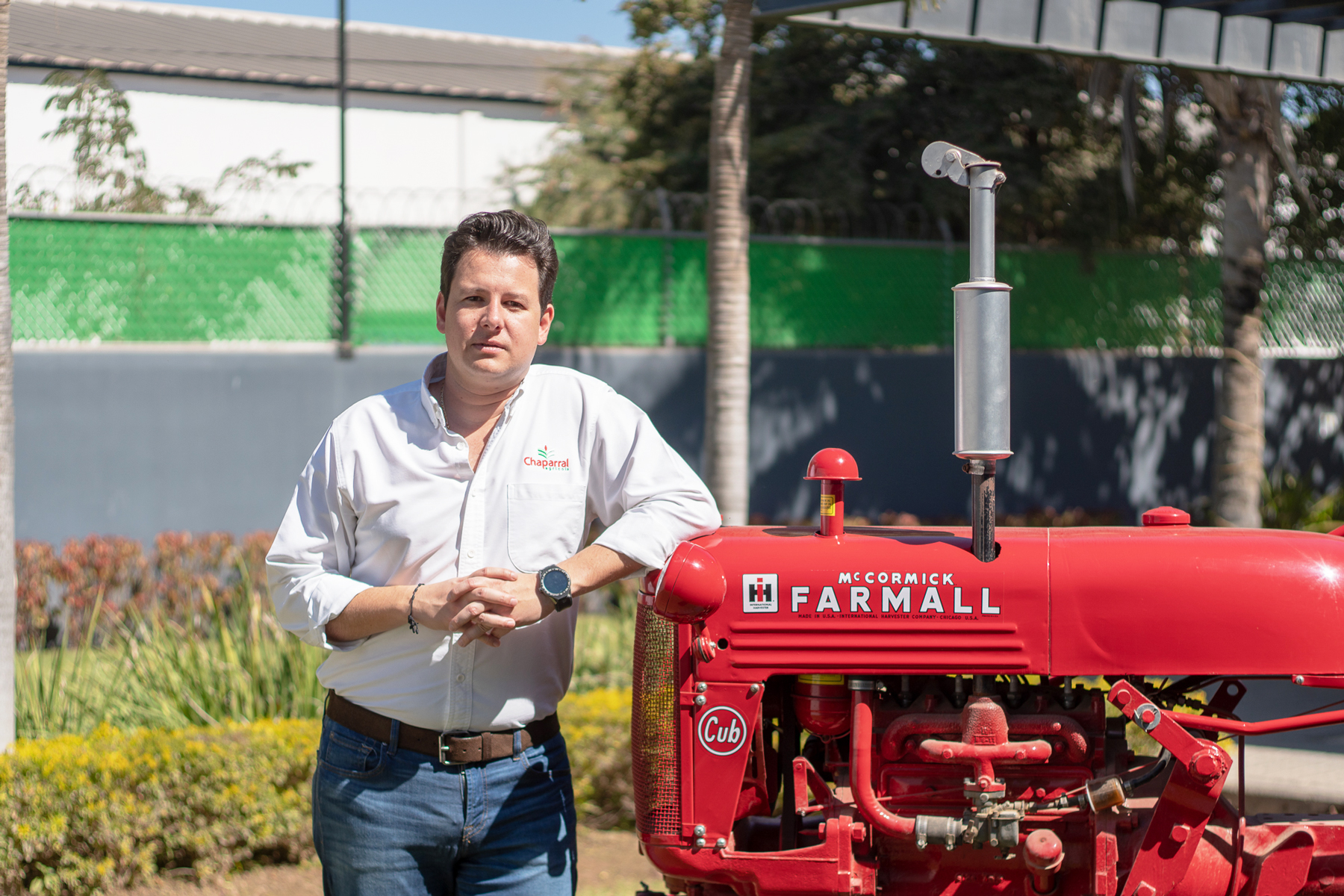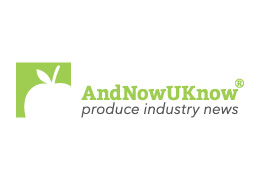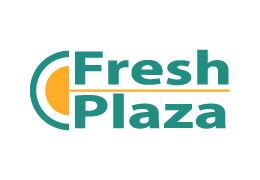BETTER GROWER PROGRAM
FOOD SAFETY: THE UNSEEN HERO IN THE PRODUCE INDUSTRY
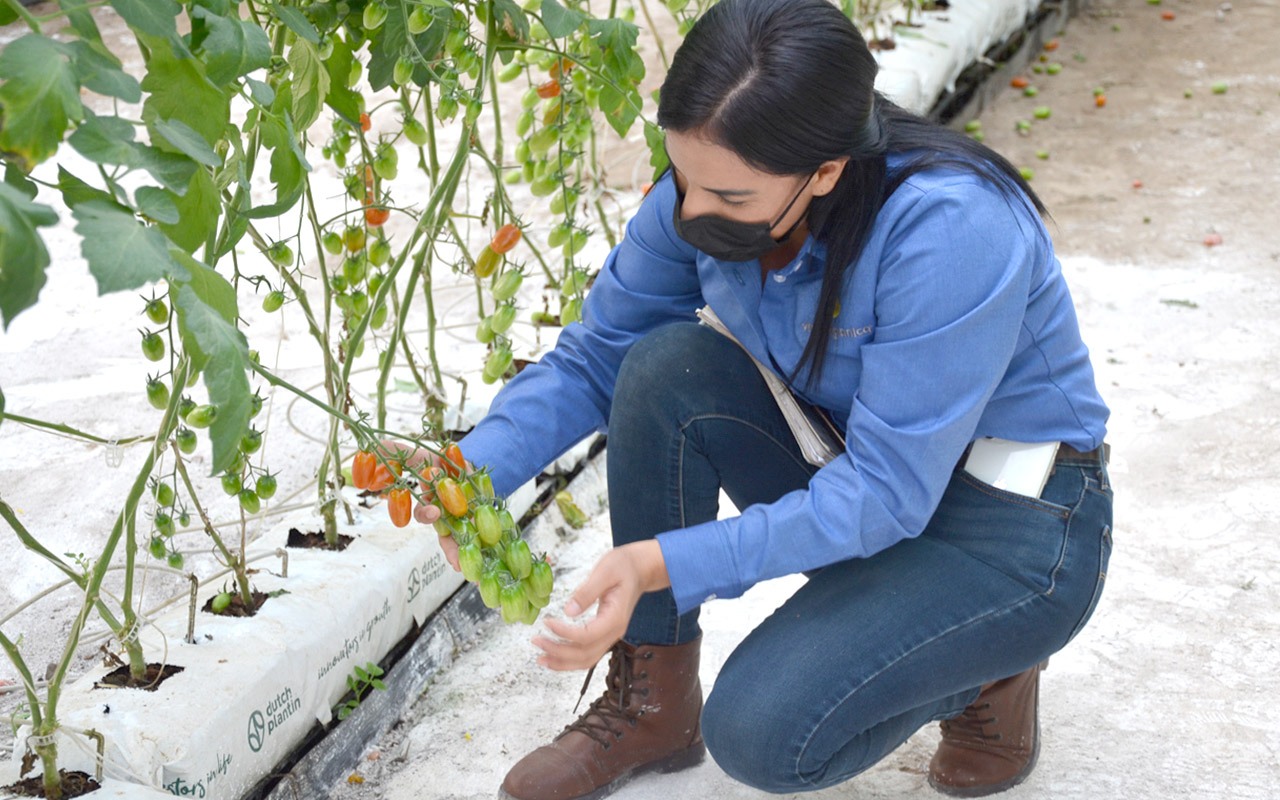
February 25th, 2022
Nogales, AZ- When consumers go to the grocery store to purchase their produce, more times than not, the last thing they are worrying about is whether the fruits or vegetables they buy are safe to eat. This is a notion they believe has already been controlled for them. The belief that all produce is safe, although very accurate these days, has taken some time to build a strong reputation. Now, consumers are very confident and have gained trust with their local grocery stores. Retail chains and produce suppliers have worked diligently to maintain their reputation being a reliable source of healthy produce which is mainly due to verifying food safety hazards have been prevented well before the product arrives to the store.
Over the years, the Food and Drug Administration (FDA) and the Center for Disease Control (CDC) have imposed thorough regulations for food suppliers so consumers can rest assured the produce they purchase has been grown at the highest standards as it relates to food safety. Recently, it has been the FDA’s final rules on the Food Safety Modernization Act (FSMA) and the Produce Safety Rule- scientific standards for safe growing, harvesting, and packing of fruits and vegetables.
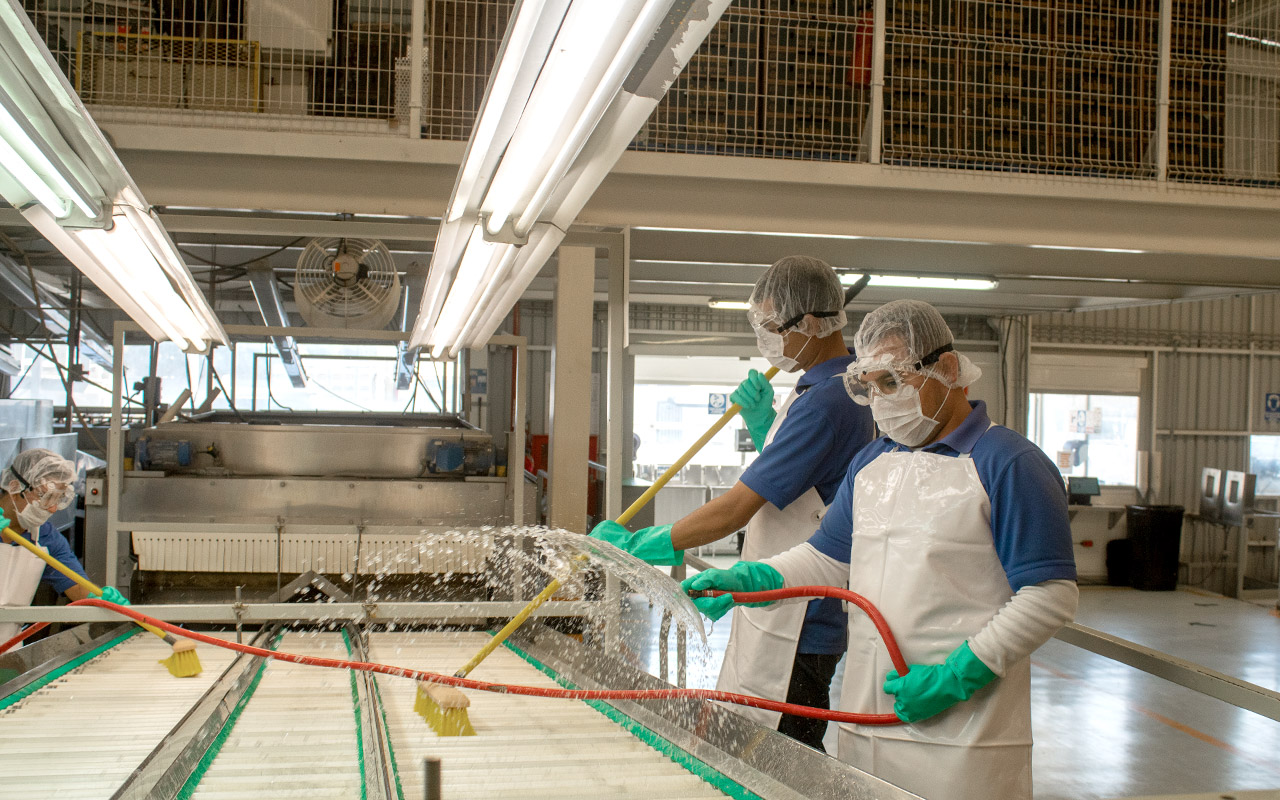
The FDA rules on FSMA have been key talking points over the last few years, and for a good reason. Each year, more than 48 million people in the US get sick from foodborne illnesses. 128,000 are hospitalized, and 3,000 die. The FDA wanted to take a different approach instead of being reactive to when a food safety problem could occur and start shifting the focus to preventing it. Since then, the FDA has finalized seven major rules to ensure the safety of the food supply is a shared responsibility among many different points in the global supply chain.
These official regulations have been the footprint for farming and producers for the last decade, but there are other key factors which play a role in the food defense of the produce industry. Good Manufacturing Practices (GMP) and Good Agricultural Practices (GAP) are an integral function as well, and they are systems for ensuring that products are consistently produced and controlled according to satisfactory quality standards. GMPs cover all aspects of production, the packing materials, the staff, the equipment they use, and very important, the training and personal hygiene of the workers. GMP & GAP are critical to food safety.
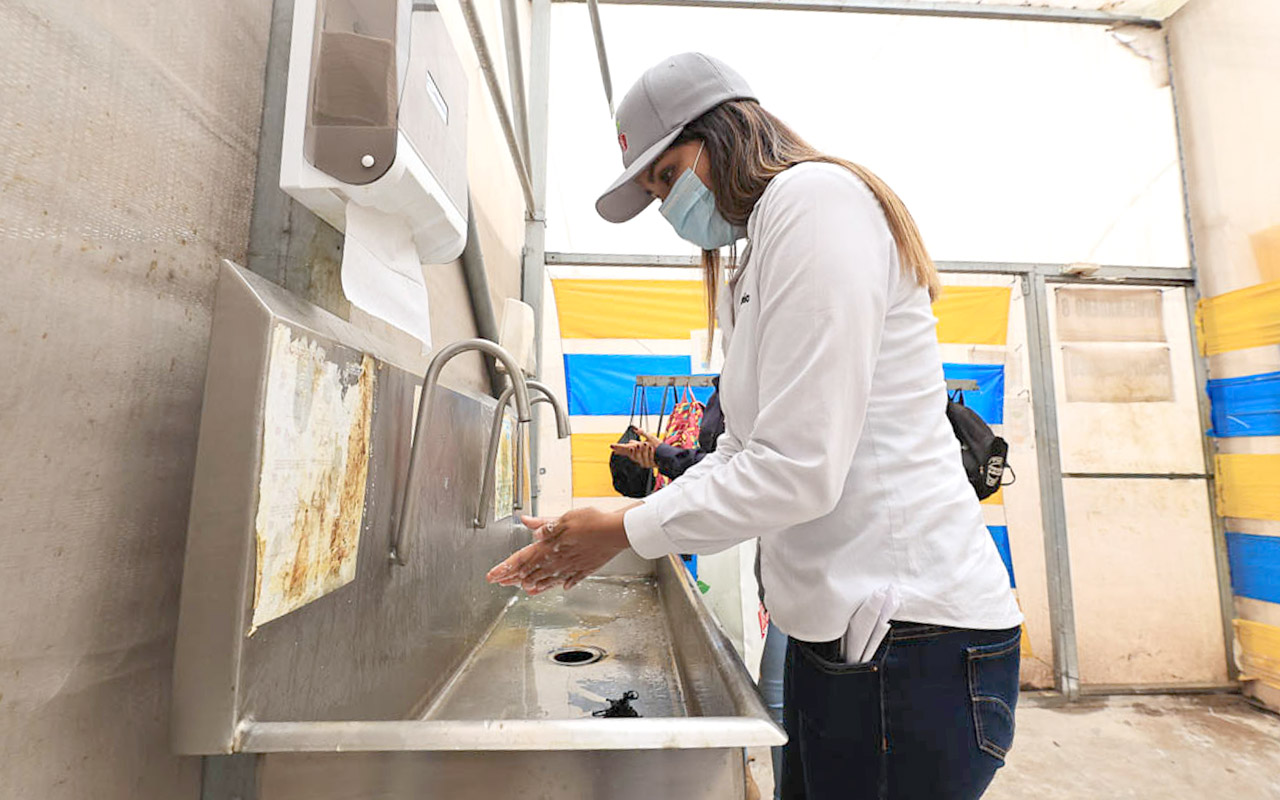
"Food safety practices, without a doubt, are the most vital factor when it comes to protecting consumers from foodborne illnesses."
Again, when consumers are strolling through the aisles at the store, it’s not often thought about the amount of work which goes into growing a tomato or bell pepper safely and whether all the rules and regulations were followed at each step of the supply chain. Food safety practices, without a doubt, are the most vital factor when it comes to protecting consumers from foodborne illnesses. It is a luxury to be able to rely on produce without having to worry if the water used to grow the product was contaminated, or if the products contain high levels of prohibited agrochemicals or if hazardous objects were near the product while being packed. The hard work is already cut out for the consumers so they can shop with ease whether they take this for granted or not.
Food safety occurs from the moment a vegetable or fruit seed is planted, all the way to the final consumer. Whether it’s producing on a local community farm, or internationally in foreign soils, there is a requirement for the produce being grown. For those requirements, there are policies and procedures, training and supervision, onboarding and verifying. Food safety is absolutely one of the most important requirements when producing food for human or animal consumption. It is the assurance, the protection, and the guarantee to the final consumer. It is the unseen hero of the produce industry.
"Food safety occurs from the moment a vegetable or fruit seed is planted, all the way to the final consumer."
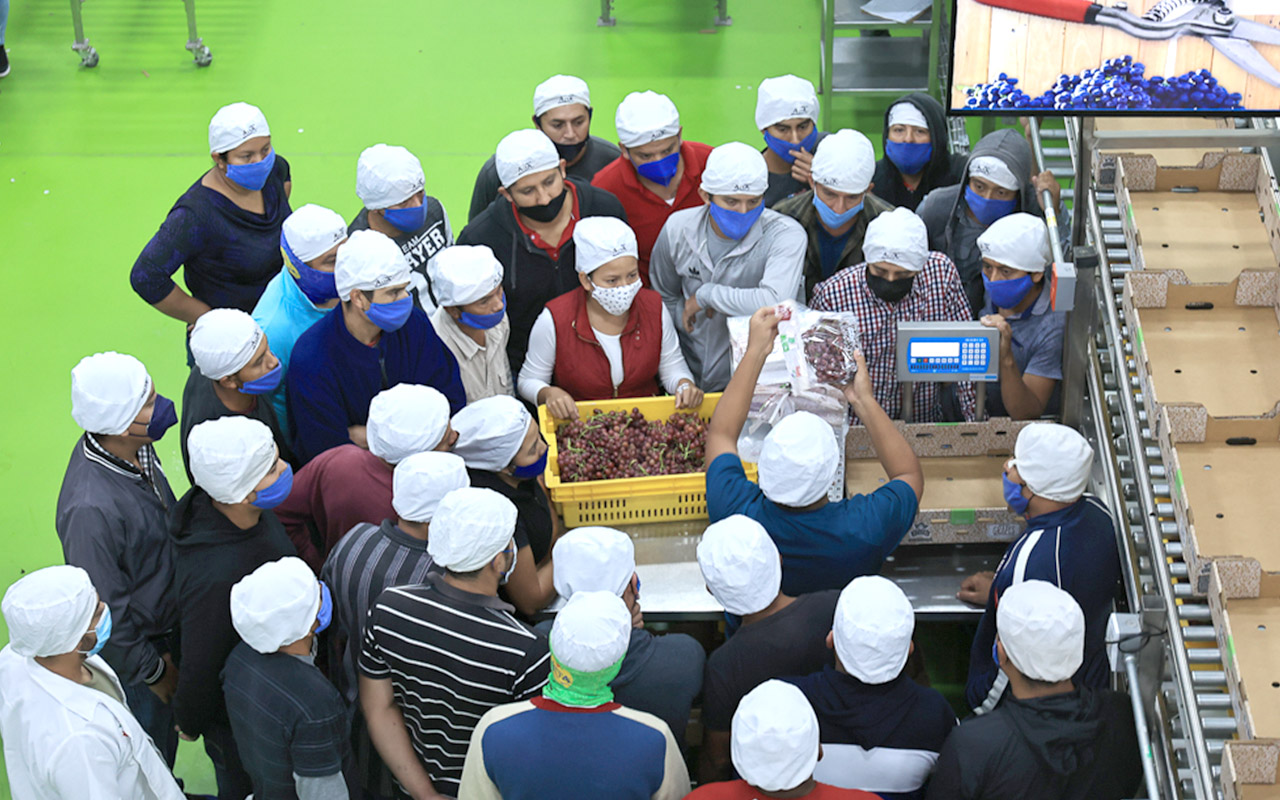
These days, all major retail or supermarket chains have very thorough onboarding processes. Before working with any supplier, their quality assurance teams go through each level of the potential business partner’s supply chain. It is a must to have GMP or GAP audits to even supply produce to supermarkets, but this is only the beginning of the process. The best suppliers must be able to demonstrate they have a policy and procedure for any potential issue which may occur. These procedures must be documented, available for review at any given notice and they must be ready to be explained to retailer qualified individuals and quality assurance specialist. These are the types of activities most customers will never know about, but nevertheless, is a critical part to the process.
For more information, please contact:
Michael DuPuis
Public Relations Coordinator
+1 (520)-281-8328
mdupuis@divineflavor.com
